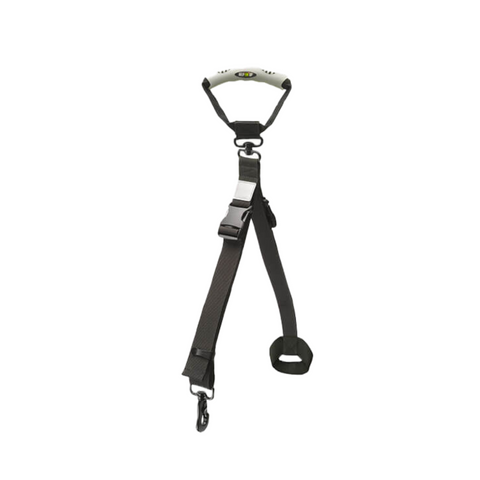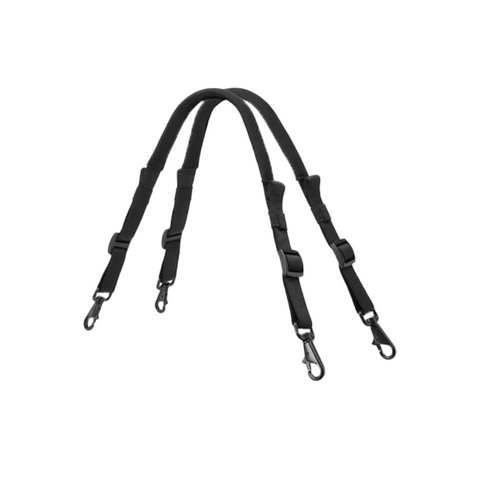Does your dog’s breath knock you out? When he tries to plant sloppy kisses on your face do you cringe from the odor? Most dogs suffer from terrible breath at one time or another, and it is quite common among senior dogs. Some struggle with horrible halitosis throughout their entire lives.
Bad breath in dogs isn’t just stinky, it could be a sign of a health problem as well. Before you try and pop a tic tac in your dog’s mouth, it’s best to research the possible causes. You’ve heard the expression “dog breath”? There’s a reason behind that smell!
Common causes of bad breath in dogs
- Does your dog eat poop? Get into garbage? Generally, eat things he shouldn’t? Your dog’s eating habits may be one problem!
- Dental hygiene. While the things your dog eats can be a problem, the biggest culprit is poor dental hygiene. Bacteria builds up in your dog’s mouth and can cause gingivitis and plaque buildup on your pooch’s teeth. Small dogs are particularly prone to plaque and tartar problems. These same bacteria can wind up in your pet’s stomach, making it even more difficult to treat the bad breath.
- If your dog’s breath smells sweet or fruit, make an appointment with your vet to have your dog checked for diabetes.
- Kidney Disease. Does your dog’s breath smell like urine? This could be the initial signs of kidney disease and necessitates a trip to your vet.
- Liver Disease. If your dog’s breath is stinky, plus he is vomiting, lacking an appetite and has a yellow tinge to his gums, check with the veterinarian for liver disease.
Prevention and treatment
- Call in the Pros. If your dog has plaque, tartar, or periodontal disease, you may need a professional dental cleaning.
- You can keep your dog’s breath minty fresh by cleaning his teeth on a routine basis. Be sure to use a toothpaste designed for dogs–human toothpaste can upset your pet’s stomach. You can purchase oral solution to add to your dog’s water to treat the bacteria in the stomach, or you could squeeze lemon juice into your pet’s water. Also, give him plenty of chew toys to prevent plaque and tartar build up naturally.
- Keep your pet’s diet balanced to help prevent stinky breath. Ask your vet for food recommendations for your breed to help keep the healthy gut bacteria and eliminate stinky dog breath. You can also add crunchy vegetables like raw carrots to your dog’s diet to help clean the teeth naturally. You can also buy special dog treats designed to clean the plaque from your pet’s teeth.
- Make sure your dog gets plenty of regular exercise to keep his weight at a good level and prevent diabetes.
As with most health problems, prevention is the best cure!



